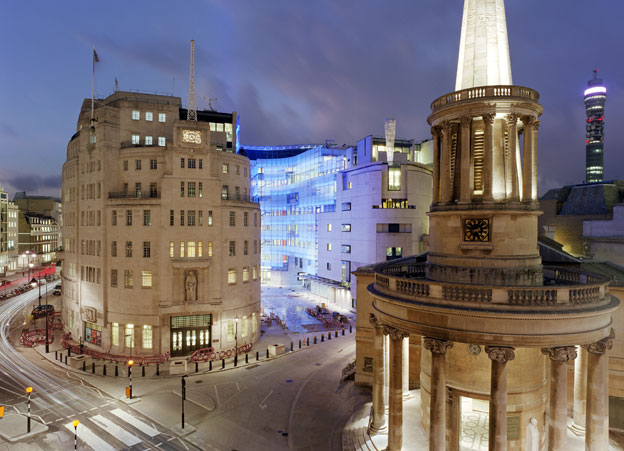
After more than 40 years of operation, DTVE is closing its doors and our website will no longer be updated daily. Thank you for all of your support.
UK government contemplating decriminalisation of licence fee non-payment
 The British government is considering decriminalising non-payment of the BBC’s licence fee.
The British government is considering decriminalising non-payment of the BBC’s licence fee.
Speaking to the broadcaster’s radio network, justice secretary Robert Buckland said that “we are talking about… the decriminalisation of failing to pay the TV licence.”
It currently is a criminal offence to watch live TV or use the BBC’s iPlayer catch-up service without a valid TV licence. The licence, which costs households £154.50 per-year, was cited by the secretary as a point of worry for people during election campaigning. Users caught without a licence risk prosecution and can be issued a fine of up to £1,000 plus court costs.
He continued, asking: “Is it right to criminalise and target a vulnerable section of society for what really is an issue of civil liability?” and adding that the government “would consult on that to work out whether criminalisation is the right way to approach this issue.”
Buckland’s comments echo those of Conservative leader Boris Johnson, who the day prior questioned whether the BBC should continue to be funded by the annual fee.
Johnson said: “At this stage we are not planning to get rid of all TV licence fees, although I am certainly looking at it. You have to ask yourself whether that kind of approach to funding a TV, a media organisation makes sense in the long term, given the way other organisations manage to fund themselves.”
The BBC’s public service broadcasting income for 2018/19 was a little more than £4 billion, with 90% of that coming from the licence fee.
The BBC has continued to argue that the licence fee as its primary source of income enables it to remain editorially independent.
A spokesperson from the broadcaster said: “As we’ve said before, the licence fee ensures a universal BBC which serves everyone, is the most popular funding system among the public, and is agreed as the method of funding the BBC for another eight years.”
In recent times, the Government has been increasingly in conflict with the broadcaster over its funding and editorial direction. The BBC’s decision to withdraw free licence fees for over-75s was met with criticism from figures inside the government, though it was revealed that the pubcaster was made to shoulder the cost of the benefit as part of its funding settlement with the government.
Ex-Labour deputy leader Tom Watson said that the party would look to protect the benefit which was initially introduced by the government in 1999.
As recently as this month, Johnson has been at loggerheads with the broadcaster over his ongoing refusal to be interviewed by Andrew Neil.


